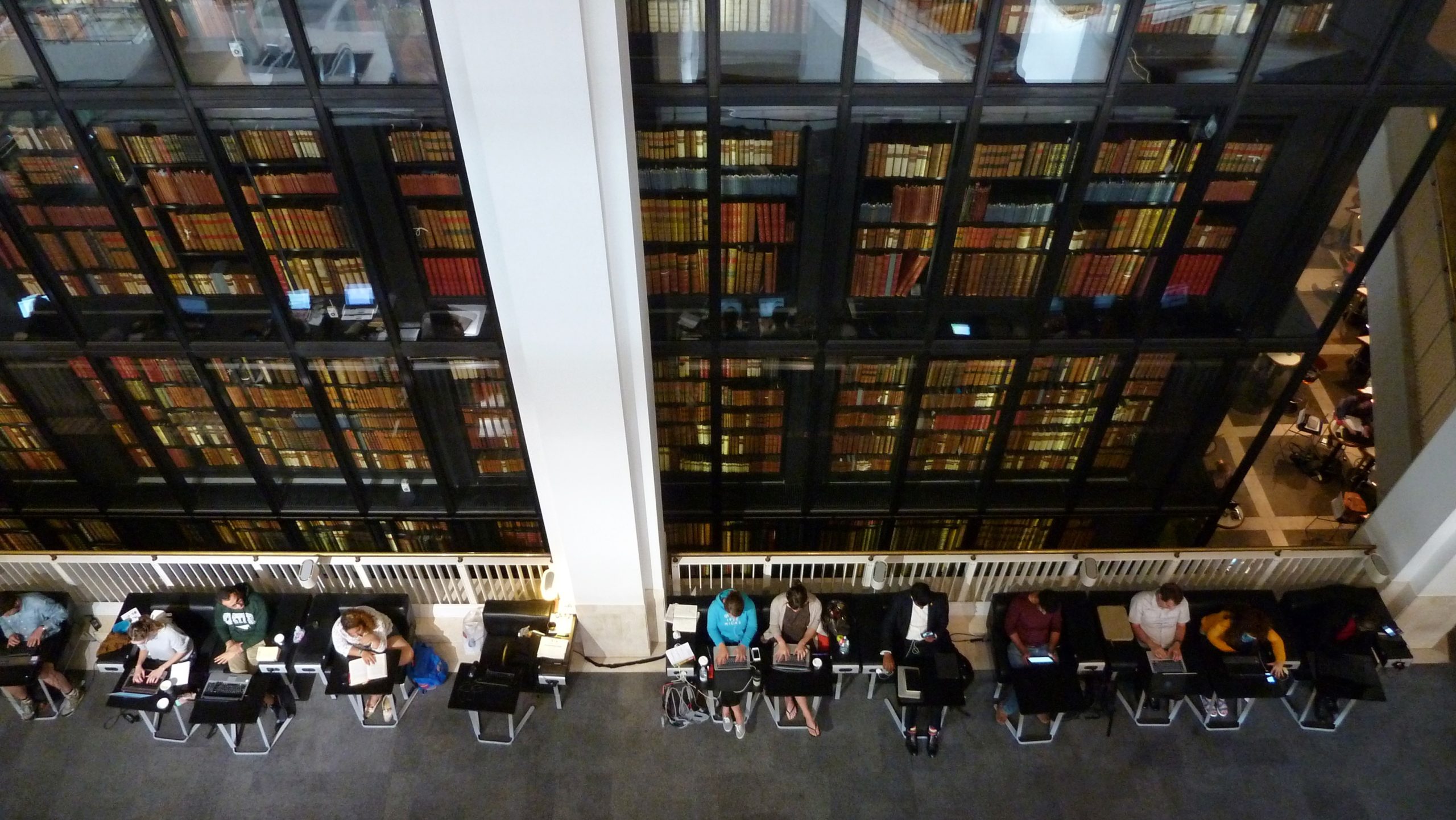Category: university
-

The Thirty Book Rule
Reading Time: 4 minutesMarie Kondo’s rule that you should only keep thirty books, that you should only keep those that you personally want to read or enjoy is a silly rule because it encourages people to limit their scope and perspective on the world. Childhood One memory of my childhood is being surrounded by books…
-
The drive home – My 400th post
Reading Time: 2 minutesLast night’s drive was amazing. It’s just the type of drive you want to have. It starts in the middle of the afternoon as a friend helps you load the car and you set off for a 900 kilometer drive. At the beginning you have to deal with London traffic/congestion. After this…
-
I Graduated
Reading Time: < 1 minuteMy university life is officially over now that I got the piece of paper saying that I graduated with an Upper Second class degree. It came in the mail yesterday morning but I read it in the evening.
-
Two Fires At My Old University
Reading Time: < 1 minuteOn Saturday morning at around 2am part of the university was affected by fires, apparently from gas cannisters. I haven’t visited the location since hearing the news. There have been two fires. One early on Saturday and the second on Sunday. Both these fires were affecting the J block, journalism block.…